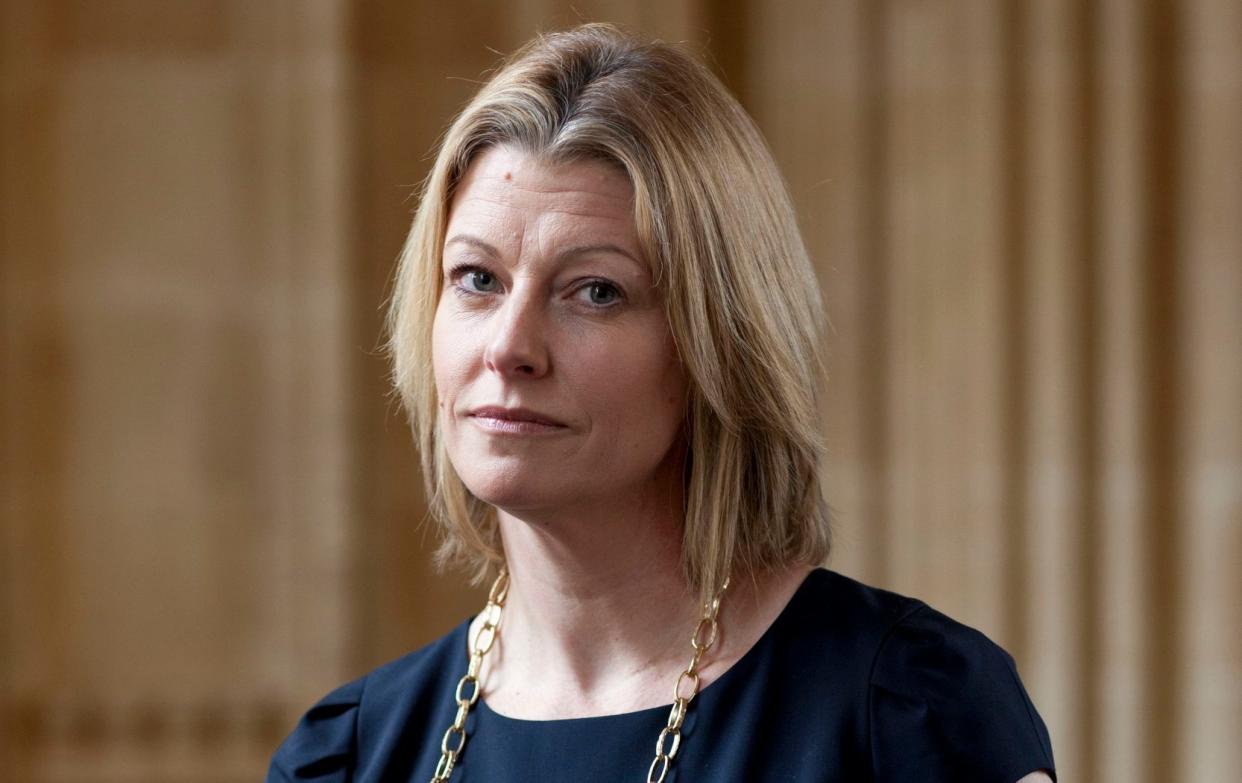There is no moral case for Britain paying slavery reparations

- Oops!Something went wrong.Please try again later.
The clamour for reparations is growing louder. Last month, Laura Trevelyan announced that she is doing penance for the sins of her slave-owning ancestors by giving £100,000 to an economic development fund in Grenada. Having left the BBC, she began her campaign by challenging King Charles to apologise for William III’s investment in the slave-trading Royal African Company in the 1690s. Then Bell Ribeiro-Addy, Labour MP for Streatham, picked up the baton by demanding that Rishi Sunak “offer a full and meaningful apology for our country’s role in slavery … and commit to reparatory justice”.
If the Labour Party forms the next government, we can expect this demand to intensify. Yet, however well- intentioned or politically expedient, the call for Britain to pay reparations for slavery is absurd. It is true that some Britons, including, it seems, at least one of the King’s distant ancestors, were involved in trading and owning African slaves from about 1650 to the early 1800s.
But the context was this. Slavery was a universal institution, practised on every continent by people of every skin colour. Africans were capturing and selling other Africans to Romans and Arabs centuries before Europeans entered the market in the mid-1400s. In the 1700s the Comanche ran what one historian calls “a vast slave economy” in the south-west of what’s now the United States. At the same time, black slaves in Jamaica who escaped the plantations and hid out in the forested interior – the Maroons – kept slaves of their own. As did some freed slaves in the State of North Carolina on the eve of the American Civil War in 1860. For most of history slavery was normal and the involvement of Britons in it was completely unremarkable.
What was remarkable was the moral revolution that took place in the late 1700s in north-western Europe, inspired by the conviction – partly Enlightenment, mostly Christian – that all human beings are basically equal. This caused the idea of some human beings owning others as their absolute property to become widely regarded as immoral. King George III was among those who thought it so. Consequently, in 1807 and 1833 Britain was among the first nations in the world to abolish the slave trade and slavery, respectively.
Then, beyond uttering mere words of apology, the British did costly penance for 150 years by using their imperial power to suppress slavery worldwide until the Empire’s end. In the 1820s and 1830s the Slave Trade Department was the largest unit in the Foreign Office. At one point in mid-century, the Royal Navy was devoting 13.1 per cent of its total manpower to its anti-slavery West Africa Station. And according to the American scholars, Chaim Kaufmann and Robert Pape, Britain’s effort to suppress the Atlantic slave trade alone in 1807-1867 was “the most expensive example [of international moral action] recorded in modern history”.
The idea of reparations can sometimes make good sense. No one disputes that Germany’s post-1945 government should have restored stolen property to its owners or compensated them for its loss. In those circumstances, the identities of the Jewish wronged and the Nazi wrongdoers, and the relationship between original victims and surviving family members, were clear. And the harm done was definite and quantifiable.
But the case of slavery is not so simple. If some Britons profited from it, so did those Africans involved in slave-trading.
Reparations by the British state for slavery do not make sense. Britain has a moral duty to use some of its wealth to support peoples in poorer countries. But since the British can’t save the whole world, they have to choose which parts to help. Historical association is one sensible criterion. Let’s give aid to our former Caribbean colonies, but not reparations.

